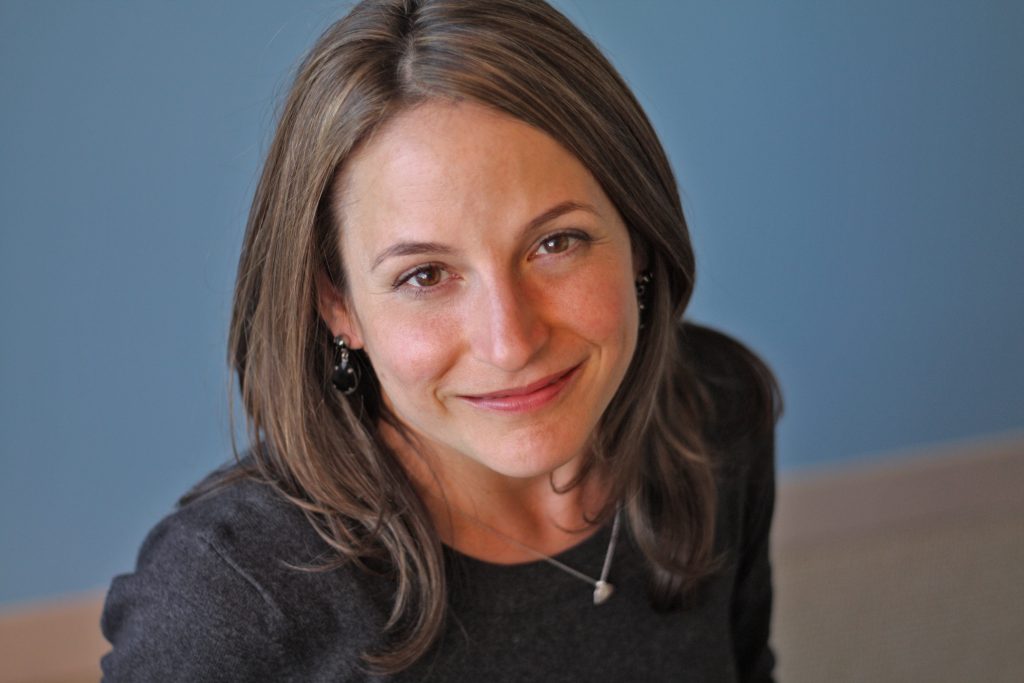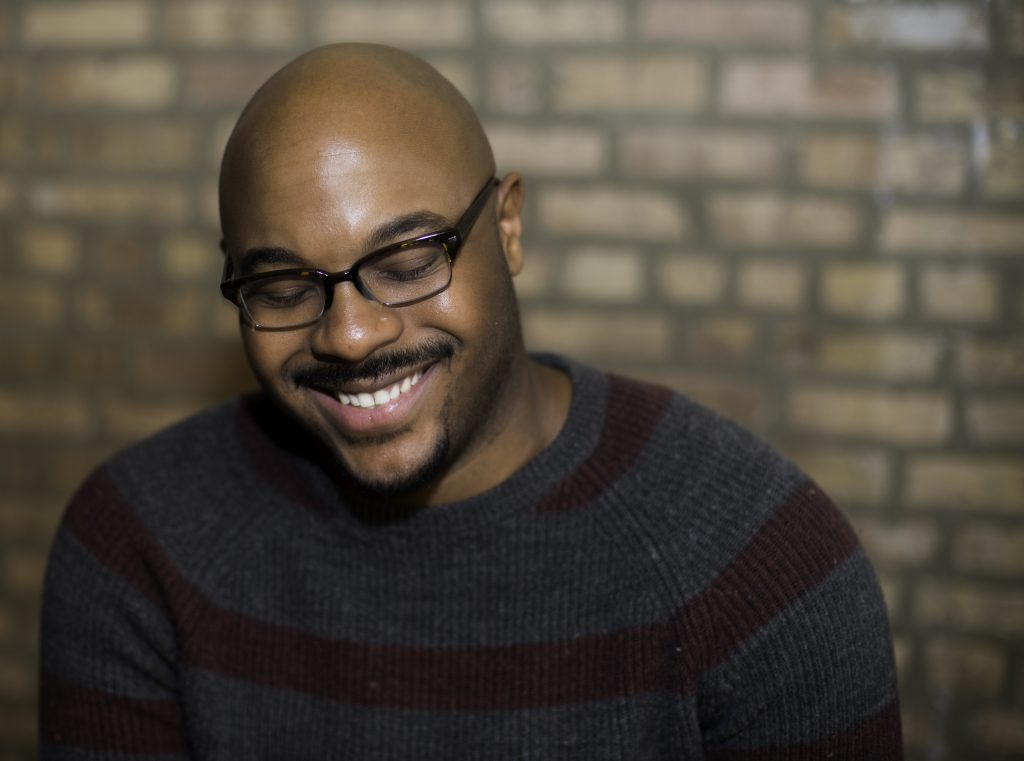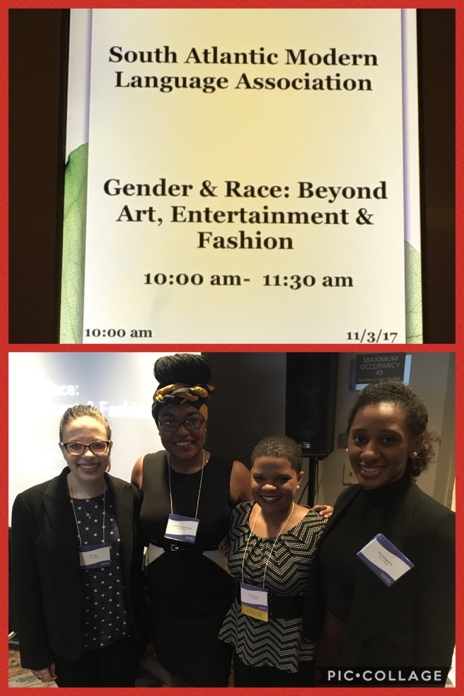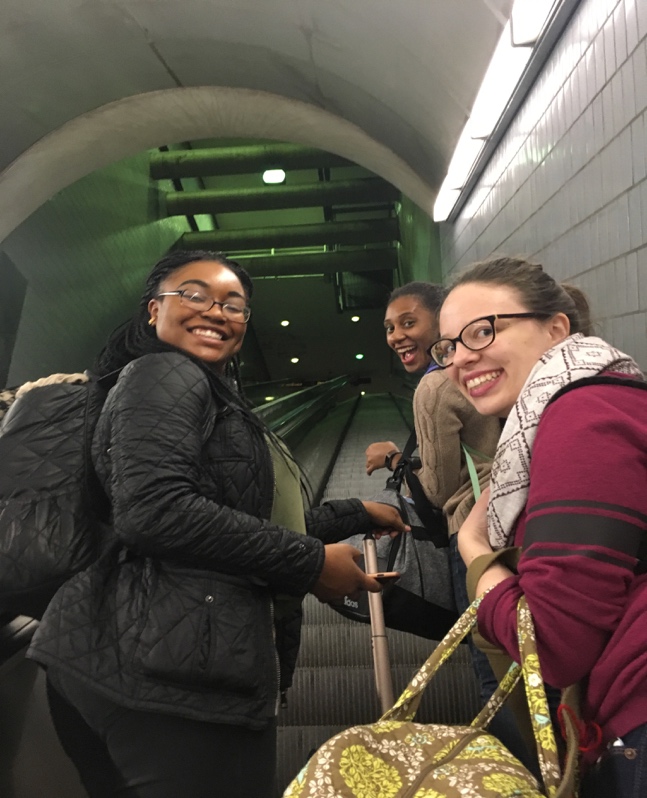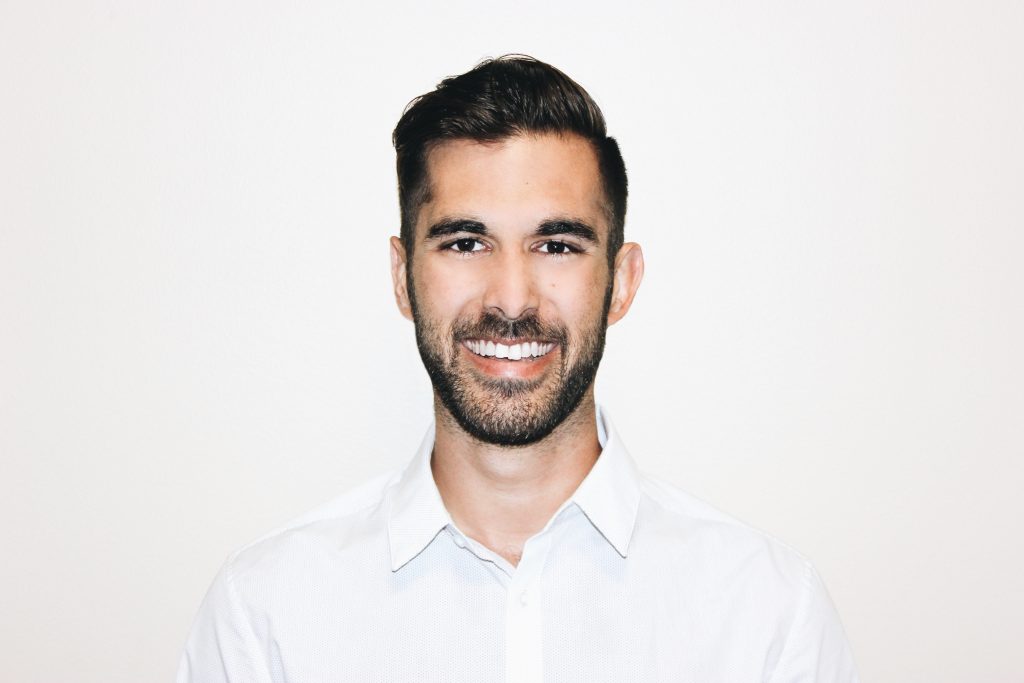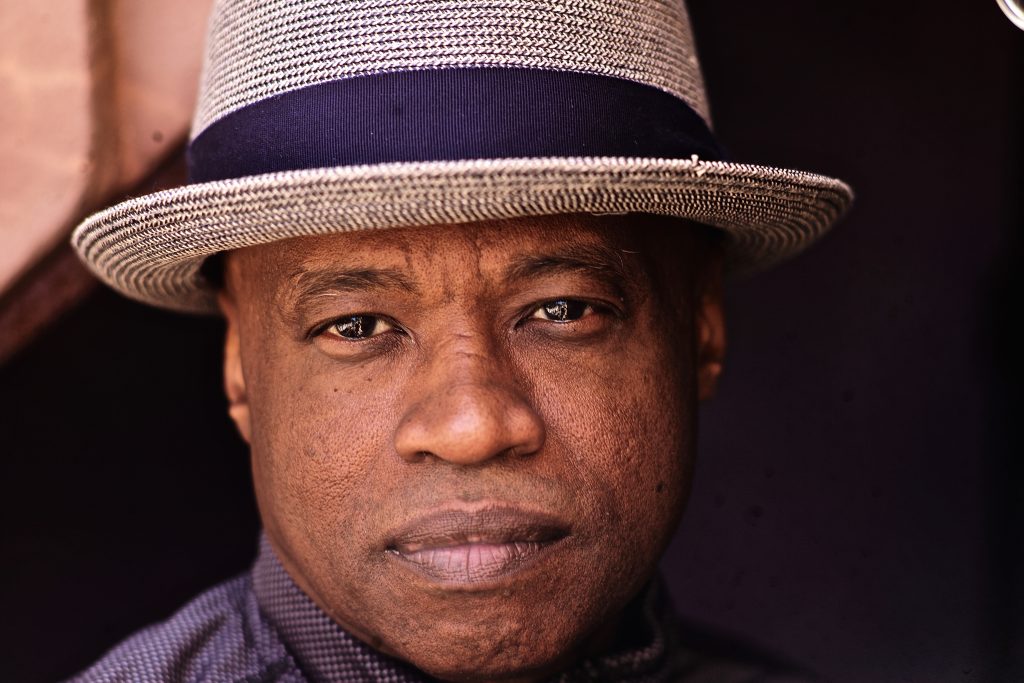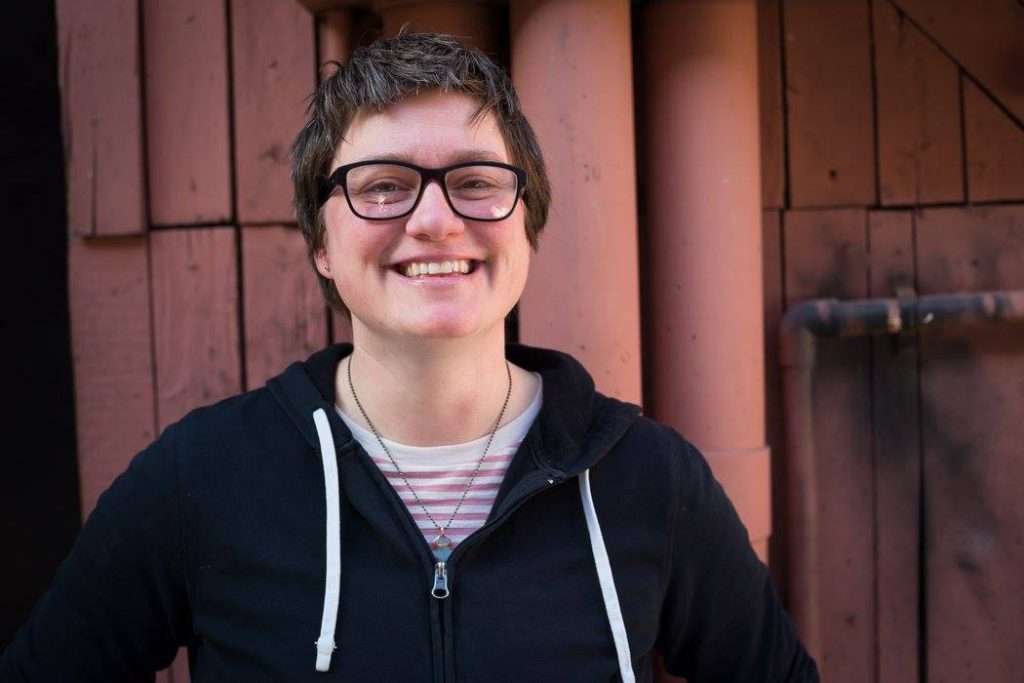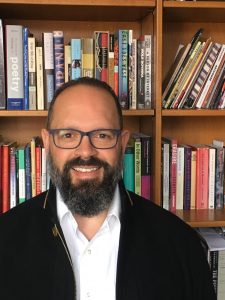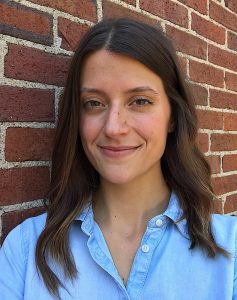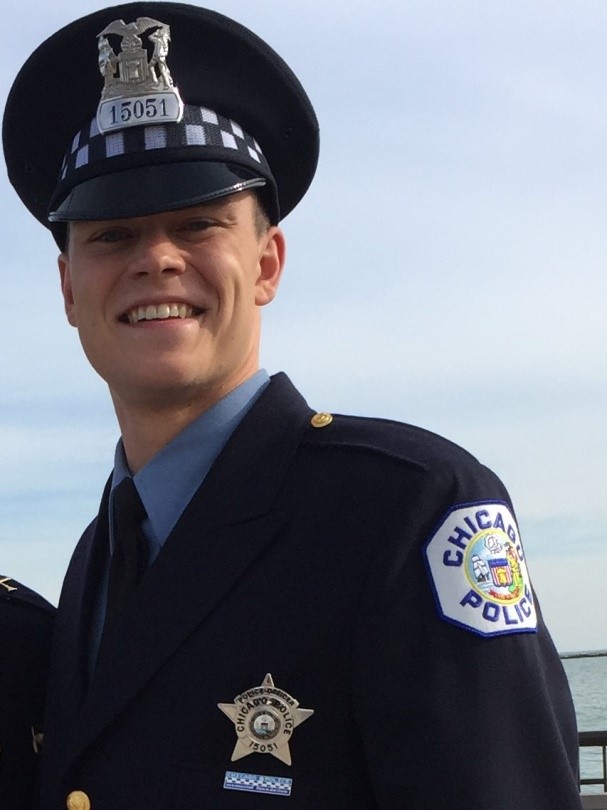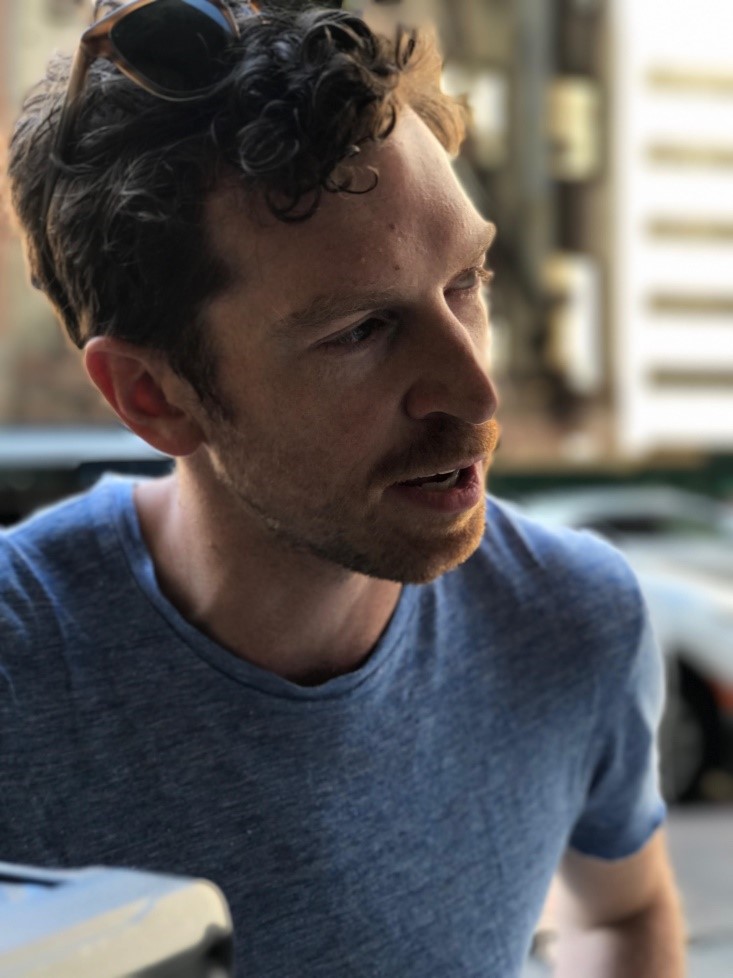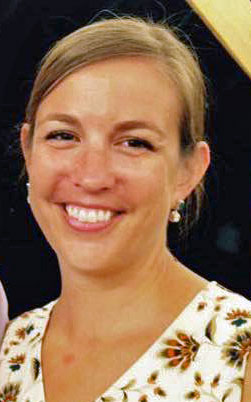
Since graduating three and a half years ago, I have been called Ms. Sanchez, Sanchez, or Sanchi at Holland Christian high school, teaching Spanish Language Arts and Psychology for two of those. And in the middle of that two-year teaching stint, I was a full-time M.Ed student at Calvin College. My intended plan after earning my B.A. in Secondary English and Psychology education at Hope was to teach for five full years and then get my master’s, but something called an H-1B, which is not a type of pencil but a work visa, swept my carefully outlined five-year plan off the table.
“Tell me not, in mournful numbers, only 65,000 work visas are given each fiscal year” (slight variation on Longfellow’s opening line in his poem “A Psalm of Life”).
I was born in Honduras and came to Hope College as an international student. Sufjan Stevens (a musician and the English Department’s most illustrious alumnus, in my humble opinion) was my college recruiter, even though I have never met the guy. But the important thing here is that I am not a U.S. citizen, which explains why I need a specific visa to continue to work in the United States. Let me give a quick primer on this immigration process: Each year there are 65,000 U.S. work visas granted. The problem is that almost every year more people apply than the number of visas awarded. For example, the first year I was not selected, the US Citizenship and Immigration Services (USCIS ) received 233,000 applications.
Although I taught Spanish and Psychology, I always told my students that I was an English teacher at heart. The Spanish Immersion program allowed me to combine my language arts background and my mother tongue well, so I taught literary devices, narrative elements, and essay writing in Spanish. In the Psychology course, I tried to include appropriate poems whenever possible. I had to keep that English teacher alive and well. My English education degree equipped me with the skills to communicate with parents, create engaging lesson plans, and manage a classroom of twenty-five students. I felt confident in my ability to teach, but what I quickly realized is that this degree and the English department shape you in more expansive ways.
When my identity and role as Ms. Sanchez was stripped away, I began to feel unmoored and anchorless (thank you, Hope College, for this fitting symbol). Amidst the muddled circumstances, my English degree proved to be a balm. Terms like paradox and metaphor became life-lines. I sat at the feet of fiction and poetry, not looking to analyze them, but for the ambiguity and openness they granted. Desiring certainty and a clear path, I saw in poetry a lesson which I had to embrace and learn. In the words of the poet Rosemerry Wahtola Trommer:
You do not need to know what comes next.
There is always another storm, and you
cannot hang the tent out to dry before
it has gotten wet. You cannot shovel snow
that has yet to fall.
One of my favorite classes at Hope College was “Creative Writing for Teachers,” which I took as a grad student. I had always wanted to take it, but never had room in my schedule, and when I found out the course would transfer to my M.Ed, I did not hesitate–I was coming back to my alma mater. Led by the great Rob Kenagy, the class met in Lubbers 221, arguably the best classroom on campus, adorned with books and a green chalkboard. Through a multi-genre creative writing project, this course challenged me to wrestle with my identity as an immigrant and the relationship between language and belonging.
Undoubtedly, a Hope College education prepares you well for a multitude of jobs. In the English department, through rigor and practice, you learn the skills to excel. But where I think the department shines is in the caliber of professors. They have a way of emphasizing the importance of becoming through their own empathetic, caring, and scholarly teaching. I learned attentiveness from close readings in Prof. Burton’s class, was inspired by Doc Hemenway’s curious traveling spirit and humbled by Prof. Moreau’s hardworking devotion. English majors: be warned that you will become versatile, resilient, and compassionate human beings because of this education.
Now I am headed to Western Theological Seminary, where my English degree will surely be beneficial. And as I continue exploring the innate messiness of not entirely belonging to one place or the other, I will be eternally grateful to this place and its people for the expansiveness of mind and heart they gifted me.


